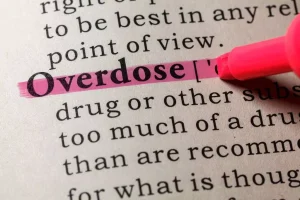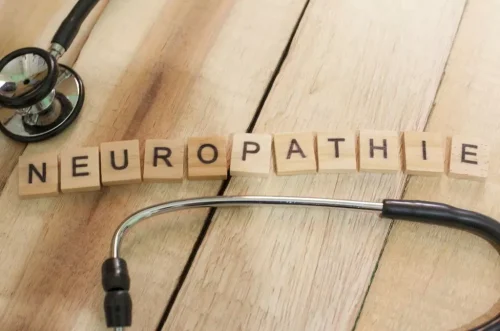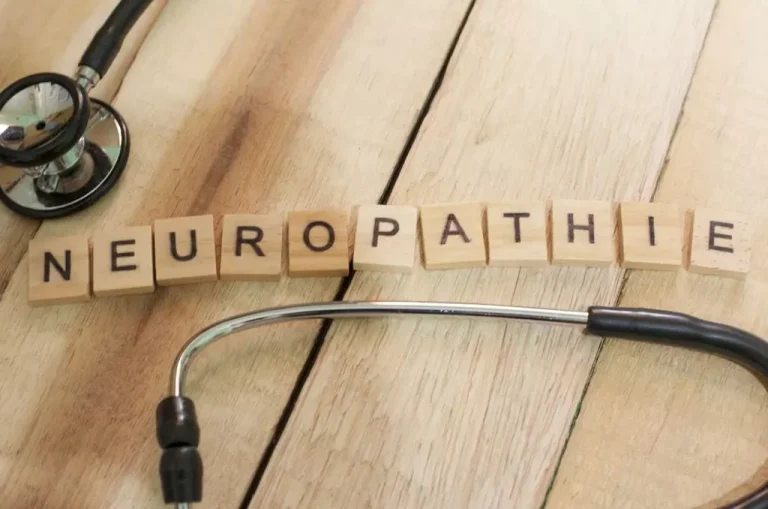
While it is not for everyone, medication-assisted treatment is only one part of a recovery plan for those whose medical providers have deemed it necessary. While we’re firm believers in the power that comes with education and setting boundaries, we never want loved ones to feel shame or as if it’s their sole responsibility to get someone well. We’re here for you, just as we’re here for those struggling with alcohol https://ecosoberhouse.com/ or other drugs.
Identifying the Person Beyond the Addiction
Understanding the complexities surrounding addiction fosters a more empathetic approach toward those affected. Addiction is surrounded by numerous myths and misconceptions that can hinder understanding and support for those affected. Many individuals hold beliefs about addiction that are misleading and prevent a compassionate approach to the issue. Clarifying these falsehoods is essential for fostering a more accurate perspective on addiction and recovery.

Myth #3: It’s ok if we call people with opioid use disorder “addicts,” “users,” or “junkies.”

It’s a complex issue that touches countless lives, yet misconceptions about addiction continue to proliferate, hindering our ability to address this pervasive problem effectively. If you enter our residential program, you can expect healthy meals, time to socialize with peers and comfortable surroundings designed to help you relax and focus on recovery. You’ll have time to yourself and, as your program progresses, you may even be able to have visits with loved ones. You could also consider outpatient programs made to let you maintain your independence while seeking addiction recovery treatment. People are often hesitant to enter recovery because of some of the myths they’ve heard about recovery programs or myths about substance misuse itself. If you’re like most people, you’ve probably heard a lot about drug addiction, but you haven’t heard much about recovery programs or what happens to someone when they decide to fight their addiction.
Myth 6: Detoxification alone is sufficient for addiction recovery
- By dispelling these myths, we create space for a more nuanced, compassionate approach to treatment and support.
- When relapse does occur, it’s essential to view it as a learning opportunity rather than a failure.
- Their failure is because they identify and address addiction as a brain disease to be treated medically.
- Better training could lead to fewer disputes, both harm reduction experts and medical professionals said.
- If you enter our residential program, you can expect healthy meals, time to socialize with peers and comfortable surroundings designed to help you relax and focus on recovery.
- Pichardo said she’s had productive conversations, particularly with rookie police, about how to identify and respond to overdoses.
The field of addiction is new, and research has progressed since the 1970s to today with new understanding, treatments, and hope. Our work in the 1970s discovered where in the brain heroin acts, what changes are produced, how addiction and withdrawal occur, and how it could be reversed with medicines. This work made it clear that detoxification was understandable and treatable. The reality is that dual diagnoses (poly-diagnosis) are the rule, not the exception. Also, the early initiation of substance use is a significant risk factor for the subsequent development of SUD and may also elevate risks of mental health disorders. Instead, relapse is so common in addictions that many experts have considered adding relapse to the diagnostic criteria.

During treatment, you will work with experienced behavioral health professionals to explore why you became addicted in the first place. You’ll learn how to develop a new mindset that will help you avoid returning to that substance once you leave treatment. Addressing the underlying cause of addiction is key to a lasting recovery. As a result of scientific research, we know that addiction is a medical disorder that affects the brain and changes behavior. We have identified many of the biological and environmental risk factors and are beginning to search for the genetic variations that contribute to the development and progression of the disorder.
- If you or a loved one are struggling with addiction, or if any of the above addiction myths sound all too familiar, Avenues Recovery is here to support you.
- A diagnosis often brings relief, but it can also come with as many questions as answers.
- This work made it clear that detoxification was understandable and treatable.
- David Sack, M.D., is board certified in addiction psychiatry and addiction medicine and serves as CMO of Elements Behavioral Health and Promises Treatment Centers.

Loved ones sometimes develop unhelpful and unhealthy behaviors, but the idea that they have a codependency disorder is unscientific and harmful. It’s just another way society blames people who are only trying to help get someone well. “All addicts will tell you you shouldn’t use it until the person stops breathing, but at that point you’re not using naloxone — you’d be conducting CPR,” he said. His concern, when he encounters people who appear to be high, is “to make myths about addiction and recovery sure they don’t slip into a coma state,” he said. Overdoses began spiking in Philadelphia in nearly a decade ago as fentanyl, the ultra-potent synthetic opioid, replaced heroin on the streets.
Despite a large body of scientific research, myths and misconceptions about addiction remain prevalent in today’s society, contributing to stigma, barriers to treatment, and higher health burdens. Despite the fact that prescription drug abuse has reached epidemic proportions in the past decade, the use of “legal” drugs to get high carries less stigma than the use of illicit drugs. At one time, we believed that most addicts had one drug of choice and stuck with it. Today, polysubstance abuse—the use of three or more classes of substances—is the norm, not the exception. Some supplement their primary drug of choice with whatever is readily available (e.g., using prescription opiates and heroin interchangeably). Relapse is often viewed negatively, leading to the belief that it signifies failure.
